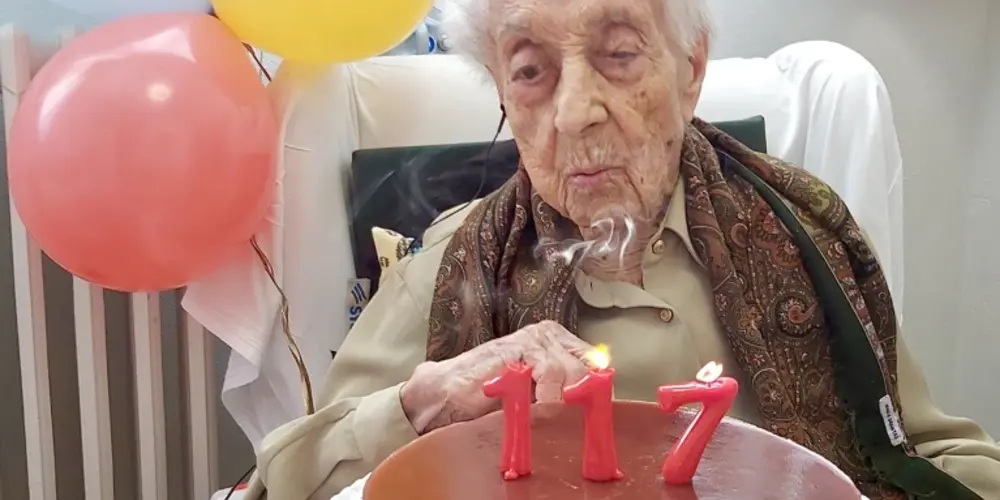
It might compel people to believe that there is no pandemic, and that we are being lied to about the virus. And this, in turn, might make them lower their guard – and indulge in COVID-inappropriate behaviour.
By Varadarajan Ananthakrishnan
We are close to completing two years amid the COVID pandemic – sure, we know that. But astonishingly, there is a sizeable group of people calling it the “plandemic”, “a common cold and flu”, “a hyped virus” and so on. If this group was just the usual suspects – random people posting their uninformed opinions on the pandemic, then one might not bother. But when this narrative comes from learned people like scientists, you have to sit up and take notice – not because what they are saying could be true, but what they say, could be creating an avalanche of disinformation down the line.
The reason is simple: when it comes from “credible” sources, the narratives are bought into, and shared further – even though these “scientists” could be parroting unsubstantiated theories, presenting dodgy data, and painting a picture that is anything but the truth.
There is a reason why I bring this topic up. Recently, there is a video being shared liberally on social media – that is a conversation between a climate scientist and an armchair skeptic. The one-hour show talks about complete falsehoods, compromised and misrepresented data, and inferences that have no basis in reality. Why is this particular video disconcerting? Because of the way it projects the content seemingly based on data, science and reality – whereas the truth is, it is anything but that.
I have to confess though, for the uninitiated, this video makes for an extremely convincing viewing. And that is the danger. It might compel people to believe that there is no pandemic, and that we are being lied to about the virus. And this, in turn, might make them lower their guard – and indulge in COVID-inappropriate behaviour. And we all know what that means – that the unwelcome pandemic will linger on for much, much longer. That is something best avoided.
At First Check, we have debunked this video – with solid, convincing data. We realise data can tell you a good story, but it can also sell you a wrong story – when the data is misrepresented.
And yes, before I close this column, if you are wondering why I have not shared the video for you to take a look, it is intentional. We are not going to be a cog in the misinformation cycle – and definitely do not want to share something that will give further impetus to that piece of misinformation.
Till we meet again – stay safe, follow the protocols and always, check your facts.
Noticed health-related misinformation somewhere? Share it with us! You can mail us at hello@uwsi.firstcheck.in or WhatsApp us on +91 9311 223145.










